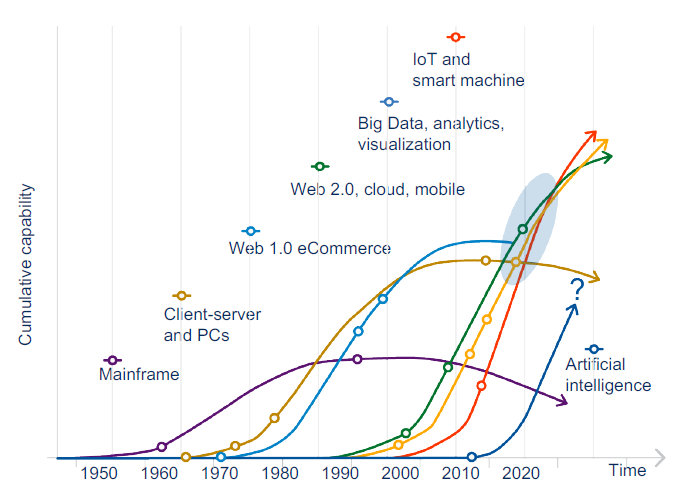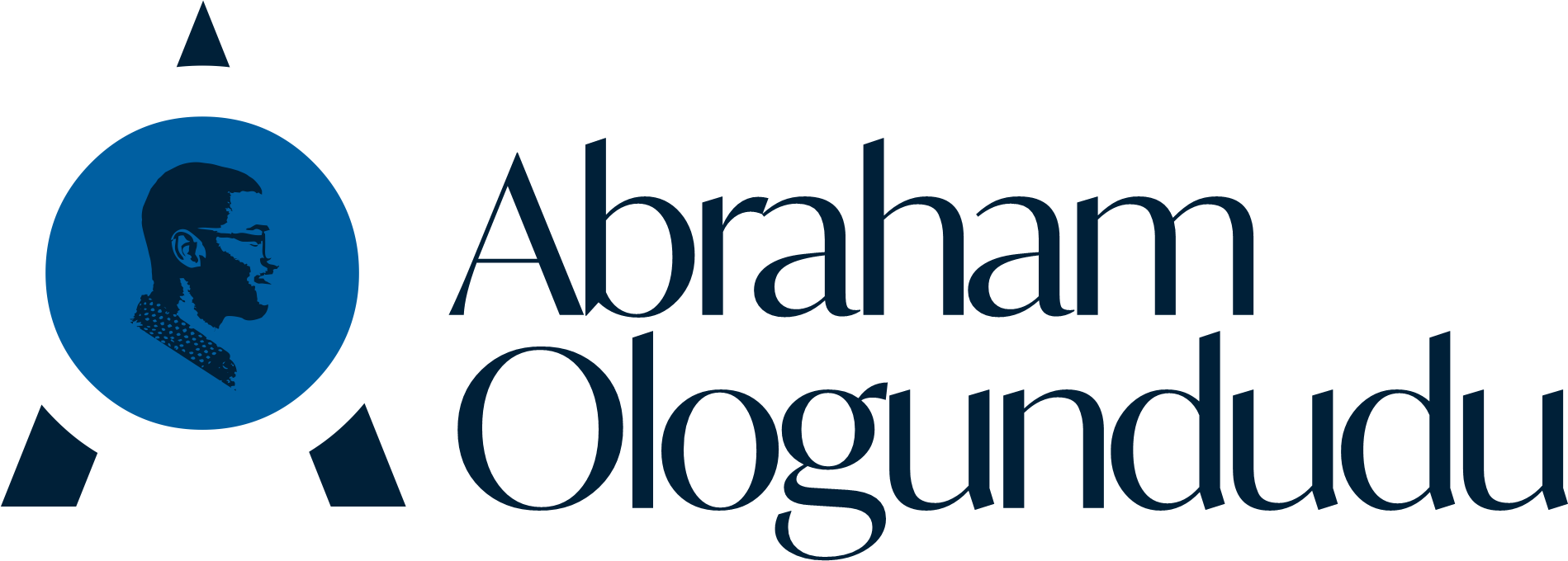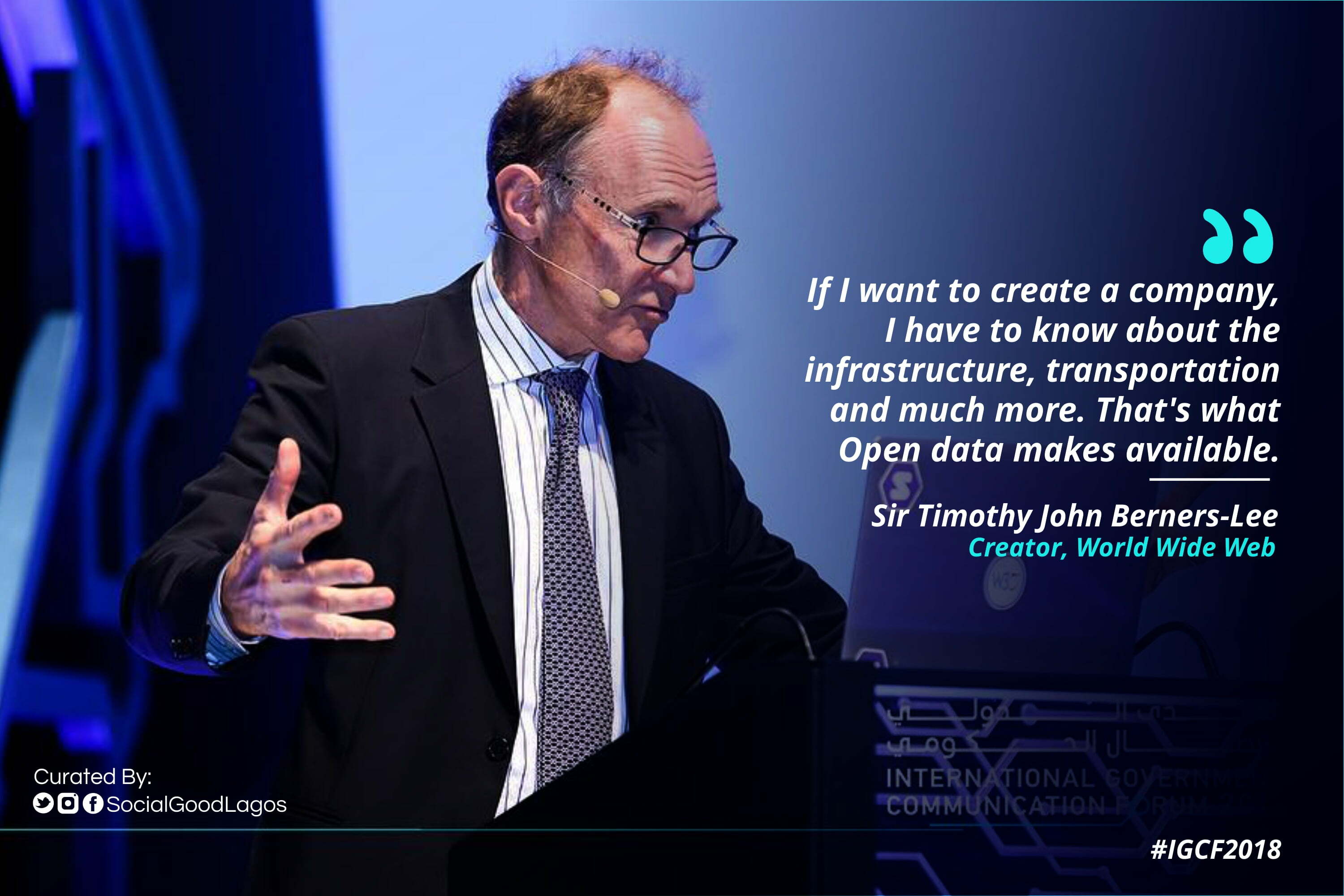
Pillars of Digital Leadership in Governance
While reflecting on several dialogues that took place at the International Government Communications Forum 2018, Sharjah, UAE, it became more evident that although effective communication is a fundamental function of good governance, it’s merely a means to an end.

At the core of modern governance is the need for government to develop the capacity to communicate effectively with all constituents. It’s one of the key ingredients for sustainable development — as a result of leveraging appropriate channels for effective citizen engagement at all levels of governance.
Understanding that our society is becoming increasingly enhanced and reliant on technology and that there’s a rapid change in the behaviours of people and how they interact with the world around them, calls for a collective change in our approach to governance.
The onus is on our leaders to leverage the power of digital technologies to fulfil their legal obligations in a manner that is transparent, relevant, meaningful, engaging, and inspiring. Hence, a dire need to embrace digital leadership — Digitising public service by the strategic use of governments’ digital assets to increase citizen engagement and drive social, economic & environmental development.
Let’s explore some elements of digital leadership in governance (
Inspired and Adapted from Eric Sheninger’s Pillars of Digital Leadership in Education)
Inclusive Communication & Citizen Engagement
Trust is the foundational principle that holds all relationships. This is the ideal hinge for the government-citizen relationship. Inclusive communication is instrumental in nurturing that trust. Government communication must be fast, clear and transparent (especially in developing countries where millions of people are without access to basic literacy). The need to communicate a clear vision, policy choices and trade-offs made on the public’s behalf is paramount.
Digital leadership involves engaging all stakeholders in a two-way communication that is dynamic. Through various devices and social media channels, the government can provide stakeholders with relevant information in real-time.
As Steve Wozniak, Co-founder of Apple Computers Inc. said during the forum — “Think of people as the important element. Communication should be inclusive. The way to be dynamic is to allow feedback.”
We are moving away from ‘tell & sell’ communications to more participatory and responsive government communications, by being responsive to citizens’ needs, while also being open to public criticism and scrutiny. Where citizens can speak the truth to power without fear of retribution.
Citizens expect and require clear and prompt information. The government have no choice but to prioritise and resource a robust infrastructure for national government communications — HE Dr Ameenah Gurib Fakim (President, Republic of Mauritius)
Digital tools and social media afford citizens the opportunity to play an active role of being a citizen. Hence, the government must also be there to listen and appropriate necessary actions.
Brand Experience
I personally believe that many public service leaders need a paradigm shift. To begin to see whatever constituency they represent as a brand. To a large extent, it will ignite constructive actions, that will yield an increase in brand equity.
The paradigm will shift from just conventional broadcasting to a two-directional information flow that will intentionally and strategically create memorable experiences that will foster peace, justice and prosperity for all.
This will be instrumental in establishing a great sense of community pride for the citizens. Government can achieve this by becoming a platform. People want to deal with the government in a more agile pattern. — (Inma Martinez, IGCF 2018). It can be as simple as making it easier to renew licenses online, instead of going to an office.
Another point of action for the Government is to be active online and be able to help fight — for instance, identity theft; reestablish trust; protect citizen identity; create connections for citizens, that make them proud of their country.
In the age of various cybercrimes, the government (especially in the least developed countries), should be able to establish and equip “Internet police” or reinforce existing agencies to help fight these new waves of crime.
Moving deeper into brand experience is the need for strategic public relations powered by government storytelling. If we don’t tell our stories, someone else will. More often than not, it may be the version that won’t truly represent you.
This might be the case for a lot of countries — that have been passive in their storytelling.
Social media and other forms of digital technologies should be effectively harnessed to tell the stories of a rising nation, of hope, freedom, progress, unity and triumphs of communities. Powerful storytelling void of deceit can unite the voice of the people.
Public service leaders need to become storytellers, using social media to listen to citizens’ fears and clarify doubts.
Storytelling makes information memorable. For example, the stories of how scientific results impact lives must be told, to help people see the importance. A more specific example in Nigeria is the story of Dr Ameyo Adadevoh, who laid down her life to save Nigerians when Ebola struck the continent in 2014.
Digital Leadership would also require the government to be actively leading the way in innovation. There are so many cool terms like blockchain, Virtual Reality, Augmented Reality, & Nanotechnology. But what matters most is what we make out of them.
These ideas, concepts, and technologies need to be simplified by clearly showing how it’s been progressively translated into simple, inclusive and scalable solutions for an average citizen. When government creates an enabling environment by solving predominant challenges in their constituency using these technologies, they are creating memorable brand experiences.

Opportunity
The hallmark of true leadership is when you give others the enabling environment, platform, and resources to also effect change. Considering the fact that 50% of the world is connected online, public service leaders should be focused on an inclusive approach to technology.
It is important for leaders to consistently seek out ways to improve existing programs, resources, and professional development.
Policy making and implementation that will equip the technological ecosystem for youths to develop the needed skills to thrive on a global scale should be prioritized.
Women and Girls should not be restricted from participating in the digital Millenium, by allowing them access to quality education.
Millennials of today would be the legislatures of tomorrow. They need to be involved in the process and not just recipients of the process. (Thomas koulopoulos, IGCF 2018)
Just like Tamnay Bakashi, the youngest Artificial Intelligence expert who believes that “as tech grows we need people to develop them — the youth.” He has the goal to teach 100,000 coders and he is currently now at the 8,000th mark. The world needs more Tamnay Bakashi or even Kelvin Doe, a Sierra Leonean who started building electronics from scrap materials he found at dump sites.
When the right infrastructure is put in place, more countries would move from just importing technology, to also exporting technology. Creating simple and sustainable solutions that are trans-formative to millions of lives.
In summary, with Digital Leadership Government can decrease bureaucracy, narrow digital gaps, make services accessible to disempowered populations, and improve economic efficiency in their organisations. Deliver high-quality and efficient public services, including e-services, in areas such as education, health, welfare, etc.
It all begins with identifying obstacles and using digital technologies to solve the problems that will transform communities.
First Published on +SocialGood (April 12 2018)


Leave a Reply